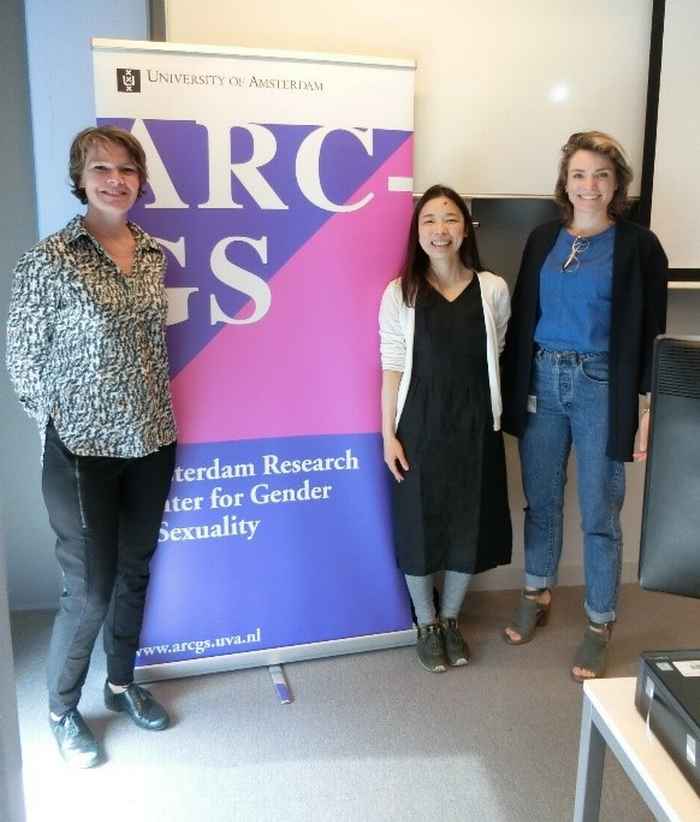SOGI policy and human security in Asia: an international comparison
By Dr. Nina Takashino (Tohoku University, Japan)

SOGI Human Rights in Asia and Throughout the World
According to a recent IGLA report, same-sex sexual acts are legally prohibited in 31.7 % of 199 countries in the world. The ratio of Asian countries criminalizing same-sex sexual acts is higher: 46.7% of the 45 countries on the Asian continent prohibit same-sex sexual acts. Also, 39.7% of countries worldwide have legal protection or recognition for same-sex partnership, but only 17.8 % of Asian countries provide them. The protection or punishment situation in Asia is varied, and many countries are discussing SOGI human rights protections. Israel was first country which legally recognized same-sex partnership. Recently, on 24 May 2019, same-sex marriage in Taiwan became legal. Following those two countries, Timor-Leste, Macao SAR, Mongolia, Nepal, South Korea, and Thailand have some legal protection for sexual minorities. 16 Asian countries, including Japan, China, India, and the Philippines, have neither legal protection nor punishment, and 21 countries have some punishments.
What factors promote SOGI protections?
Prior research pointed out that economic development is the basic requirement to promote human right protections. Arguments in opposition to same-sex marriage are often made on religious grounds. Some studies show that gender inequality and SOGI protections have been closely related and show a positive relationship between the female ratio of national parliamentarians and the level of sexual-minorities’ legal protection.
Takashino’s study examined those factors in Asian countries to partially explain different levels of legal protection. Religious belief is an important factor, and many Muslim countries prohibit gay relationships. Economic development is a basic requirement for a society to discuss minority rights, but it does not fully explain the difference of SOGI protection levels in Asian countries. For example, Japan is a high-income country and China has had a remarkable period of rapid growth, but they do not have any protections or recognition. On the other hand, Nepal, one of the poorest countries in Asia, has legal protection.
Gender equality and SOGI protection is closely related for the case of Asia. For example, Taiwan and Nepal have legal protections, and their female ratio of national parliamentarians is high at more than 30 percent. That relationship is due to the fact that feminist and gay rights movements co-occurred in those countries. On the other hand, Japan is historically and culturally a patriarchy, and as a result the female ratio of national parliamentarians is only 10 percent. At the same time, some people value the patriarchal family system and find it difficult to accept new forms of families. In addition to those factors, gay-friendliness is at times related to progressive, modern and tolerant values. If people or political leaders in a country wish to promote their national brand image, SOGI rights protections may be promoted.
Toward SOGI human rights protections
Religious belief, gender equality, and national image promotion are important factors of SOGI protection legalization in Asian countries, but income level has limited association with it. Does this mean people in rich Asian countries do not care about sexual minorities’ human rights? The answer is “No” of course; some people do care about them. Furthermore, religious belief and traditional cultural values should not be the justification of any kind of discrimination. To realize policies to protect SOGI human rights, we need to expand research on the factors that can result in SOGI human rights protection in Asia.